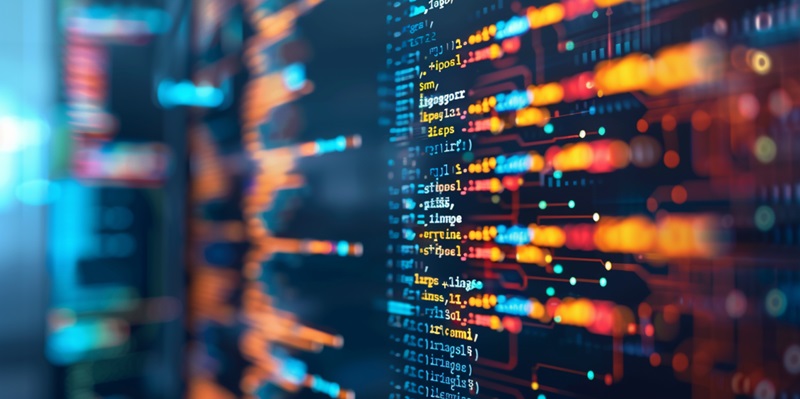In the rapidly evolving world of information technology, Sumo Logic is leading a transformative shift toward integrating artificial intelligence (AI) into DevSecOps. By unveiling GenAI, an AI-powered tool specifically designed to enhance observability within the DevSecOps sphere, Sumo Logic is addressing the critical need for harmonized security and operational insights. GenAI simplifies complex correlation tasks, making it easier for IT professionals to manage the lifecycle of software development, delivery, and security in a unified way.
GenAI represents a pivotal step in reducing the friction between DevOps and cybersecurity. Using an improved user interface that’s still in development, Sumo Logic aims to streamline the process by which teams implement best DevSecOps practices. This promises a future where the adoption of such practices is not only recommended but seamlessly integrated into the day-to-day operations of teams and systems.
Advancing DevSecOps with AI-Driven Insights
Sumo Logic’s AutoML tech is reshaping DevSecOps by streamlining alert management, enabling IT and security experts to focus on real threats amid the digital age’s data deluge. Their machine learning algorithms are a boon for prioritizing alerts, cutting through the clutter effectively.
Taking it further, Sumo Logic enhances cloud management with AI-powered dashboards that swiftly identify and fix misconfigurations and weaknesses. The upgrade to their SIEM system with the MITRE ATT&CK Threat Coverage Explorer also aids organizations in adopting cybersecurity framework principles, a critical step in strengthening defenses against emerging threats.
These advancements showcase Sumo Logic’s commitment to evolving DevSecOps. By harnessing AI and machine learning, they are navigating today’s tech challenges to craft automated solutions for the future, setting new benchmarks in the symbiosis of security and operations. Sumo Logic’s embrace of AI marks a pivotal shift toward an automated, more secure future in technology management.

